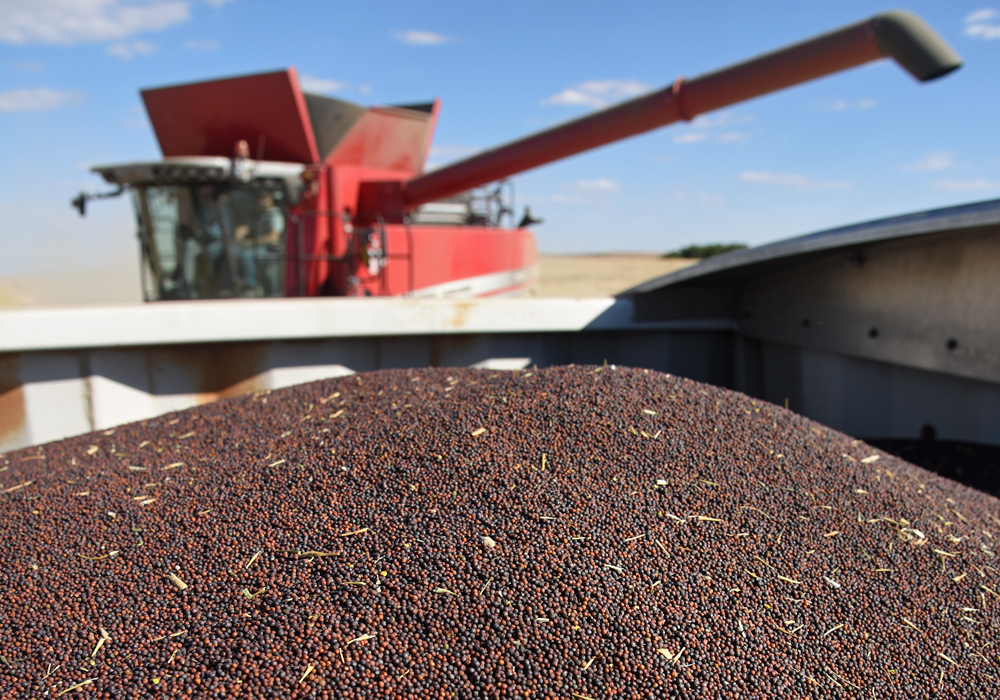It’s too soon to think about triggering AgriRecovery to help farmers caught up in the canola trade dispute with China, say the governments of two canola-growing provinces.
Both Saskatchewan and Manitoba say they aren’t yet considering AgriRecovery and haven’t asked that the program be triggered. Alberta did not respond to a request for comment before Western Producer deadlines.
The program is cost-shared 60-40, with Ottawa paying the larger share, and typically kicks in after other business risk management programs have been used.
Read Also

Farming Smarter receives financial boost from Alberta government for potato research
Farming Smarter near Lethbridge got a boost to its research equipment, thanks to the Alberta government’s increase in funding for research associations.
“Our primary focus right now is on re-establishing our canola trade with China,” said Manitoba Agriculture Minister Ralph Eichler. “At this time we are not initiating an AgriRecovery request.”
A spokesperson for the Saskatchewan government said it continues to monitor the situation and work with Ottawa to make sure farmers have access to programs, but also hasn’t asked for an AgriRecovery assessment.
“It is too early for us to know the full impact of China’s actions on our producers so it is too early to be discussing specific program responses at this time.”
Public Safety Minister and Saskatchewan Liberal MP Ralph Goodale said last month that the government was looking at how to use AgriRecovery in this situation. China cited pests in cancelling the export permits of two large canola sellers in March, and Goodale said it is possible the program could kick in when countries use pests as a trade barrier.
However, the federal agriculture department noted that, under the program, the provinces usually ask Ottawa for an assessment to initiate the process. And, it noted that AgriRecovery is not intended to cover losses in income or production.
“Specifically, AgriRecovery is intended to cover extraordinary costs to recover from a natural disaster, without duplicating assistance already available through existing business risk management programs,” the department said in an email.
Governments have already agreed to extend the AgriStability deadline from April 30 to July 2, and beefed up the Advance Payment Program to give farmers access to more cash.
Goodale said the federal government understands that these measures may not be enough and will continue to look at all options. He said existing programs “would take some renovation to accommodate the situation.”
According to Saskatchewan, industry groups have proposed ways that AgriRecovery could be used and those are being reviewed by the canola working group.
“These were provided by industry at the request of minister Goodale,” said the agriculture ministry.
Canada has continually asked China to allow a team into that country to examine rejected canola samples that are said to contain pests, but China has refused. Most Canadian industry and government officials say they believe the samples are clean and that China is employing a trade barrier to retaliate against Canada’s detention of Huawei executive Meng Wanzhou, following an extradition request from the United States.
Meanwhile, provincial governments are urging farmers to seriously consider enrolling in AgriStability to cover potential margin declines. In Saskatchewan, the crop insurance corporation that administers the program said interest is strong and growing, and farmers can sign up online.


















